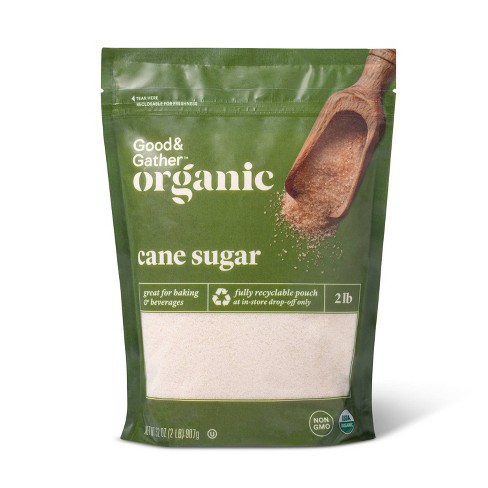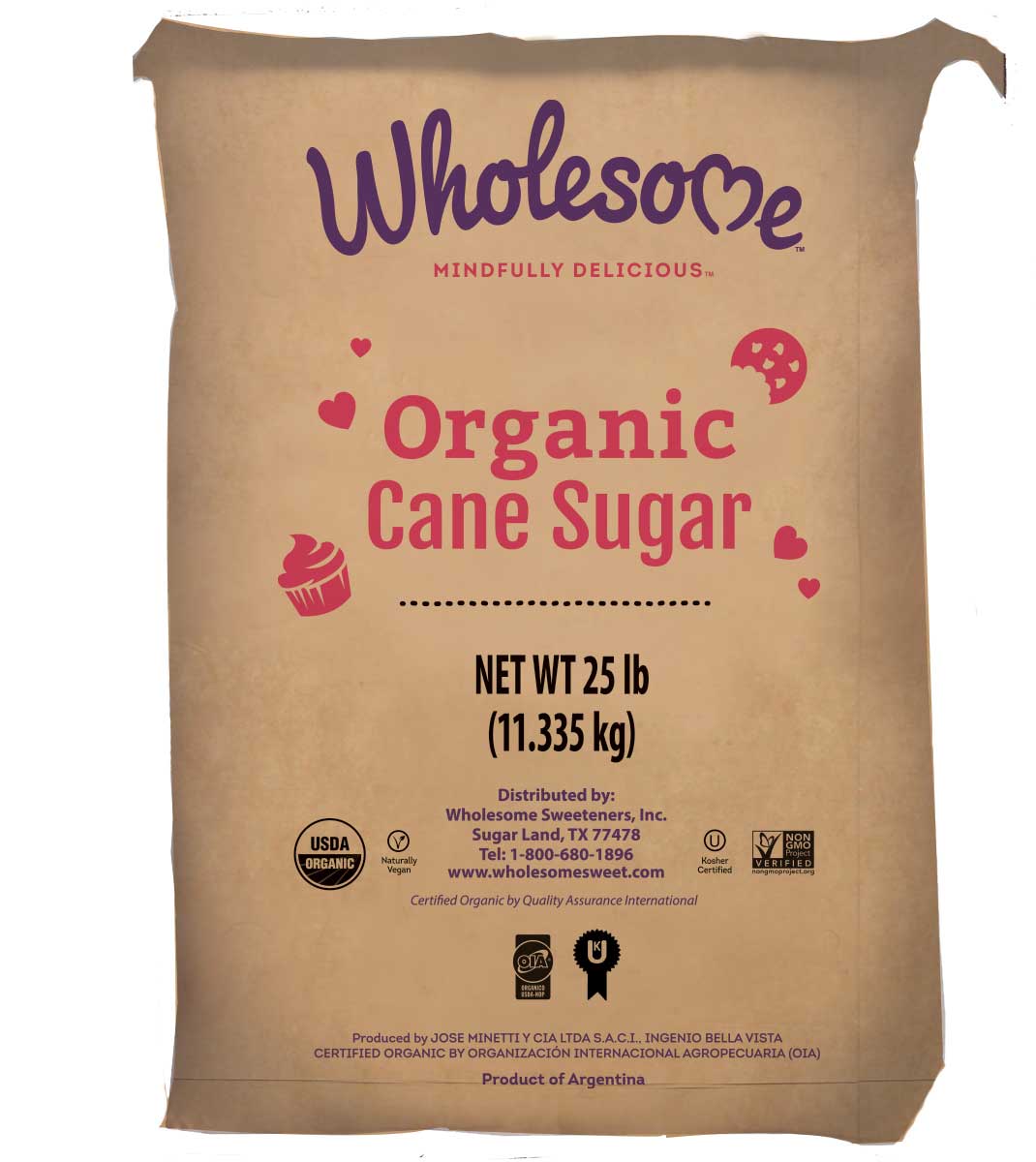Navigating Regulatory Conformity and Sustainability With Cutting-Edge Walking Stick Sugar Handling Chemicals in the Chemical Export Industry

Regulatory Landscape Overview
In the realm of walking cane sugar handling chemicals within the chemical export sector, recognizing the regulatory landscape is critical for guaranteeing compliance and sustainable operations. Governing bodies such as the Environmental Security Firm (EPA) and the Food and Medicine Management (FDA) play a crucial function in managing the production, import, and export of these chemicals. Compliance with regulations stated by these bodies is not just a legal requirement but additionally essential for keeping public wellness and ecological security standards.
Regulatory structures regulating cane sugar handling chemicals include a wide variety of aspects, including labeling requirements, acceptable degrees of specific substances, and standards for risk-free handling and disposal. For chemical exporters, this indicates adhering to strict documents procedures, high quality control measures, and routine audits to demonstrate adherence to these regulations.

Lasting Cane Sugar Chemical Innovations

One noticeable location of advancement is the growth of environmentally friendly chemicals that minimize water and energy usage during the sugar processing phases. By implementing these sustainable services, companies can lower their carbon footprint while preserving high degrees of productivity. Additionally, developments in eco-friendly chemicals are gaining grip, supplying a more eco-friendly option to conventional processing agents.
Furthermore, the integration of renewable energy resources in the manufacturing procedure is coming to be more prevalent, further boosting the sustainability account of walking stick sugar processing. By accepting these sustainable cane sugar chemical developments, companies can not only satisfy regulatory needs yet additionally demonstrate a dedication to environmental responsibility in the chemical export sector.
Compliance Obstacles in Exporting Chemicals
Browsing regulatory structures poses substantial difficulties for chemical exporters, calling for meticulous attention to compliance criteria and global laws. One of the main compliance obstacles encountered by chemical exporters is guaranteeing that the products satisfy the details regulatory requirements of the importing country.
In addition, chemical exporters should stay abreast of regularly evolving regulations and standards connected to chemical handling, transport, and manufacturing. Failure to comply with these policies can result in severe repercussions, consisting of penalties, lawful activity, and reputational damages. In addition, browsing profession constraints, assents, and export control laws includes an additional layer of intricacy to the conformity landscape for chemical exporters.
To alleviate these obstacles, chemical merchants need to invest in robust compliance programs, conduct regular great post to read audits, and involve with regulative authorities to make sure a comprehensive understanding of the suitable legislations and policies. By prioritizing conformity and remaining positive in dealing with regulatory obstacles, chemical exporters can browse the intricacies of worldwide profession site effectively.
Ecological Impact of Walking Stick Sugar Processing
The ecological ramifications of walking cane sugar processing are a crucial facet requiring detailed assessment in the chemical export sector. Cane sugar processing can have substantial environmental effects at numerous stages of production. Among the primary worries is the generation of huge volumes of wastewater consisting of natural matter, suspended solids, and chemicals made use of in the handling plants. This wastewater, if not appropriately dealt with, can pollute water bodies, damage marine life, and degrade overall water high quality. In addition, the burning of sugarcane fields before gathering, an usual practice in some regions, releases unsafe air pollutants and greenhouse gases into the environment, adding to air quality problems and environment adjustment.
Additionally, the considerable use of pesticides and fertilizers in sugarcane cultivation can lead to soil degradation, water contamination, and harm to non-target microorganisms. It is crucial for chemical exporters involved in the walking cane sugar handling sector to carry out lasting methods, invest in innovative wastewater treatment modern technologies, advertise liable agricultural approaches, and follow rigid ecological regulations to lessen the adverse ecological influence of their operations.
Future Trends in Sustainability Practices
What innovative strategies are chemical merchants in the walking cane sugar processing industry adopting to enhance sustainability practices for the future? One famous trend is the change towards creating and utilizing green chemicals in the processing of cane sugar - Cane Sugar Processing Chemicals.
One more key pattern is the implementation of sophisticated innovations such as automation and information analytics to enhance resource usage and decrease waste generation. By harnessing the power of information and automation, chemical merchants can improve their operations, improve power performance, and enhance overall sustainability performance.
Furthermore, partnerships and partnerships with sustainability-focused companies and stakeholders are becoming increasingly common. By functioning with each other, chemical exporters can exchange understanding, share ideal practices, and collectively drive advancement in the direction of more sustainable walking stick Discover More sugar handling techniques. Welcoming these trends will not only benefit the atmosphere however additionally ensure long-term success and competitiveness in the market.
Verdict
Finally, the chemical export industry should navigate complicated regulative landscapes and sustainability obstacles when processing cane sugar. Advancements in walking cane sugar handling chemicals are crucial to meeting compliance standards and reducing environmental impact. As the sector proceeds to evolve, it is essential for companies to take on lasting methods and stay ahead of future trends to ensure long-term success.
In the world of walking cane sugar handling chemicals within the chemical export market, comprehending the regulatory landscape is critical for guaranteeing compliance and sustainable procedures.Discovering ingenious techniques in the advancement of sustainable cane sugar chemical remedies is critical for progressing environmental stewardship in the chemical export industry. Firms are progressively investing in study and advancement to create cutting-edge walking cane sugar handling chemicals that not only ensure high efficiency in sugar manufacturing however likewise adhere to stringent sustainability criteria.
Furthermore, chemical exporters have to stay abreast of constantly advancing guidelines and requirements related to chemical manufacturing, transportation, and handling - Cane Sugar Processing Chemicals.The ecological ramifications of walking stick sugar processing are an important facet needing complete evaluation in the chemical export industry